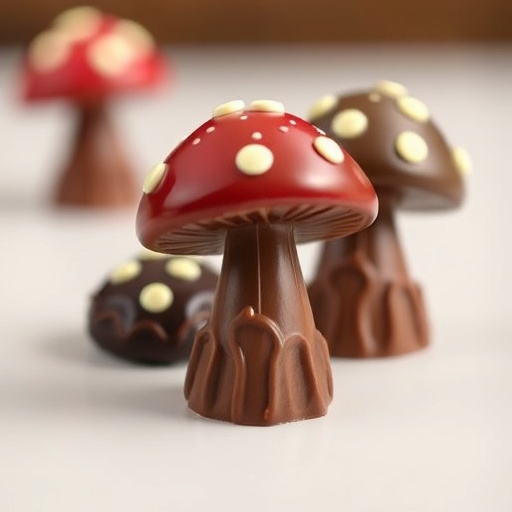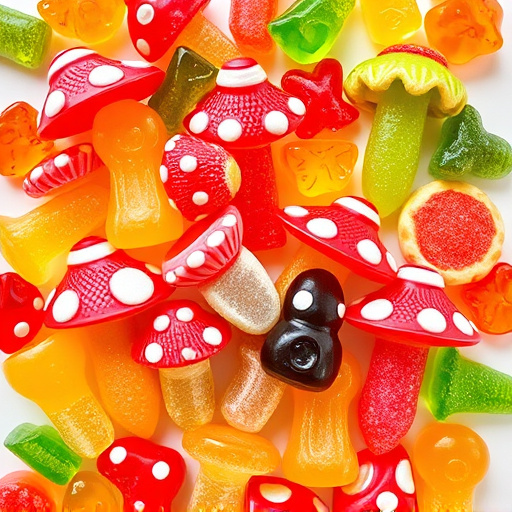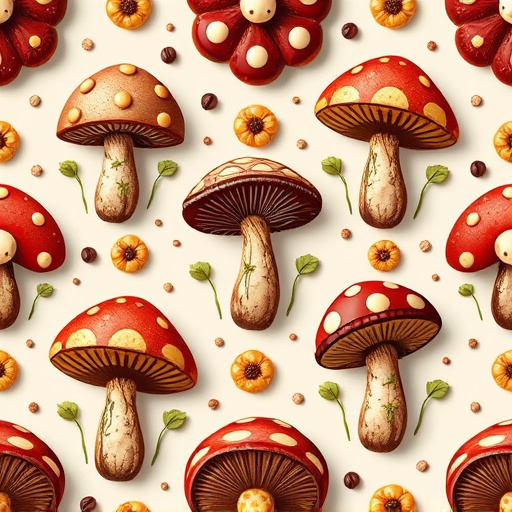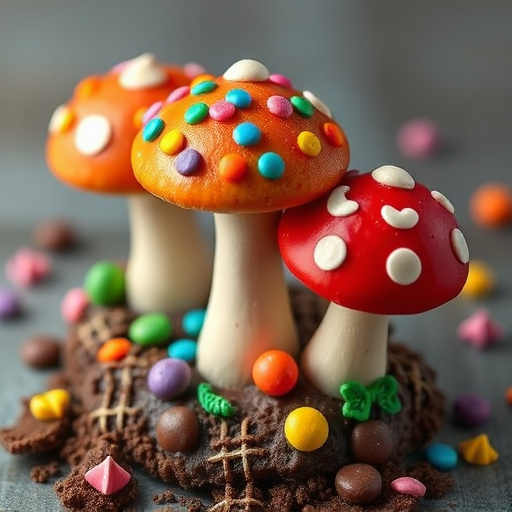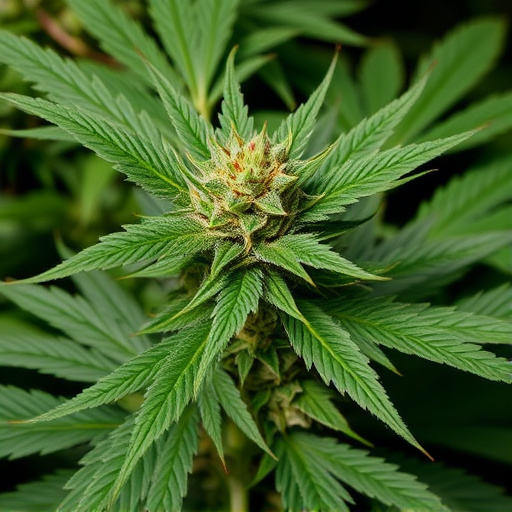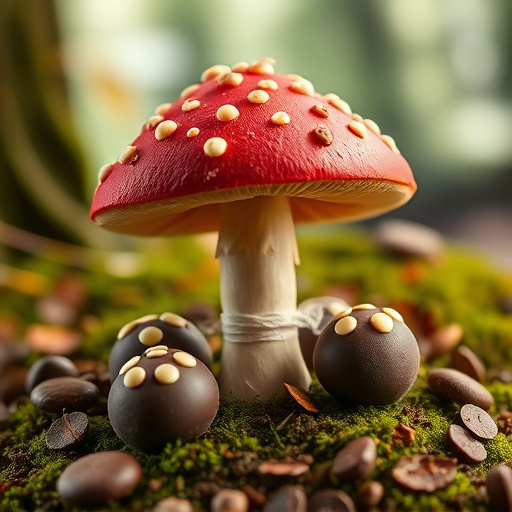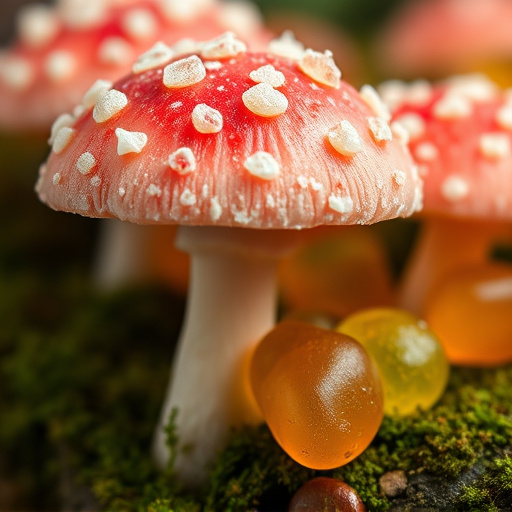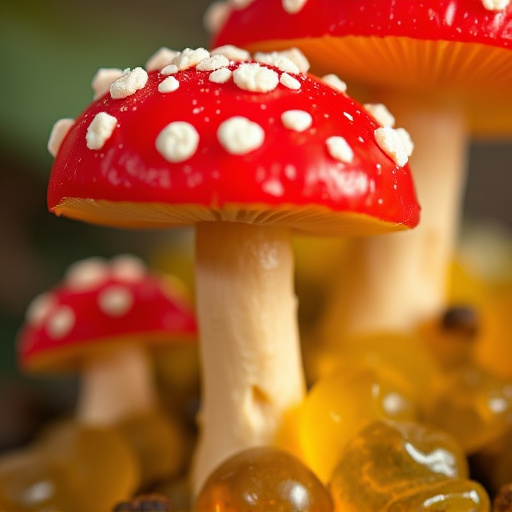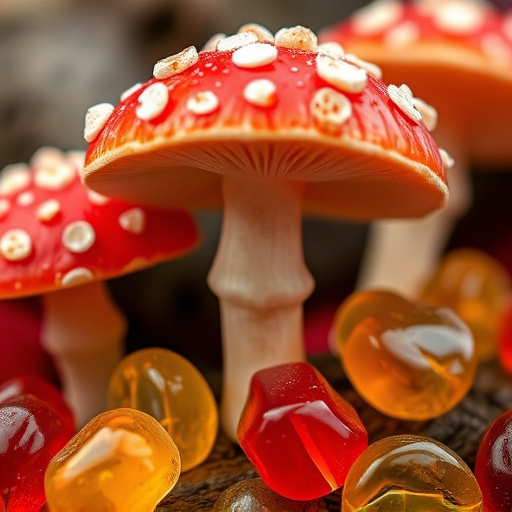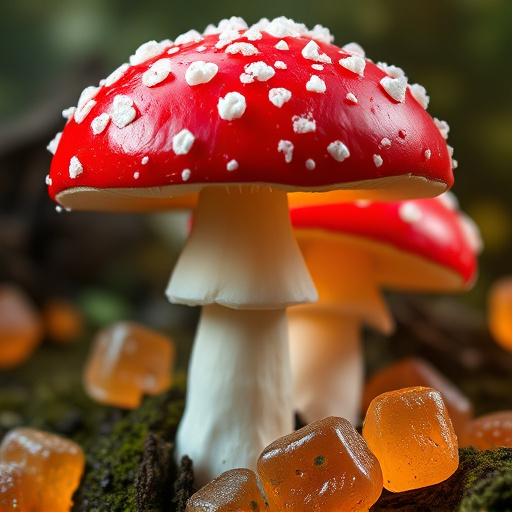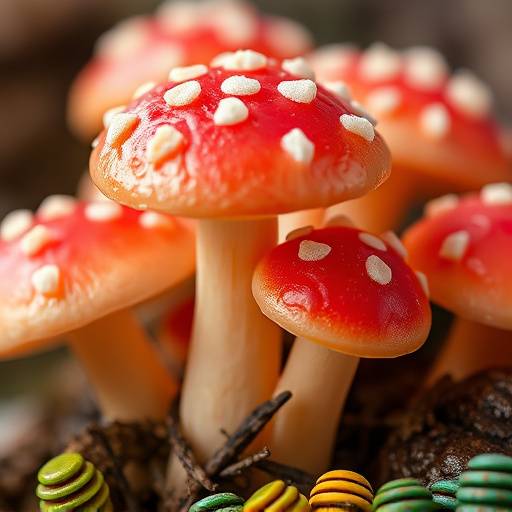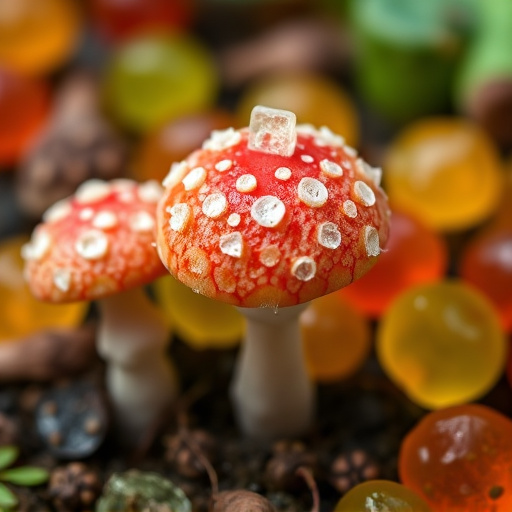Despite popular myths, magic mushroom gummies for anxiety relief aren't instant cures and should be approached with caution. Psilocybin mushrooms, scientifically studied for their potential therapeutic effects, don't offer immediate results for anxiety disorders. While increasing legalisation in clinical settings highlights their promise, DIY solutions are not recommended due to variability in potency and safety. To navigate the landscape, rely on credible scientific sources rather than online myths, as ongoing research is needed to fully understand their efficacy.
“Unveiling the Potential of Magic Mushrooms Gummies for Anxiety Relief: Debunking Common Misconceptions
Magic mushroom gummies have sparked interest in the wellness community, but they’re shrouded by myths. This article delves into the science behind these claims, separating fact from fiction. We explore the active compounds that interact with the brain, backed by clinical studies showcasing their anxiety-relieving potential.
Additionally, we navigate safety and legal considerations essential for responsible consumption, ensuring you’re informed about regulations, dosage, and potential side effects related to myths about magic mushroom gummies.”
- Debunking Common Misconceptions About Magic Mushroom Gummies
- – Exploring the origins of myths surrounding magic mushrooms
- – Separating fact from fiction in popular beliefs
Debunking Common Misconceptions About Magic Mushroom Gummies
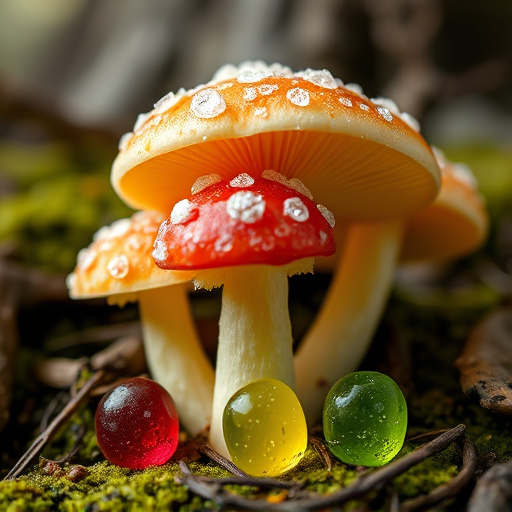
Magic mushroom gummies have gained attention as a potential tool for anxiety relief, but they come with their share of myths and misconceptions. It’s essential to dispel these in order to understand their true potential. One common myth is that these gummies are a magical cure-all for anxiety, offering immediate and drastic results. The reality is that while they may help some individuals experience a sense of calm or altered perspective, they do not provide an instant fix. Anxiety disorders require comprehensive treatment, and any claims suggesting otherwise should be approached with skepticism.
Another misconception revolves around the notion that magic mushroom gummies are inherently dangerous or illegal. While it’s true that psilocybin mushrooms, the active ingredient in these edibles, have been classified as controlled substances in many regions, their use for therapeutic purposes is increasingly being explored and legalized in certain settings. When used under controlled, clinical conditions, psilocybin-assisted therapy has shown promising results in reducing anxiety and depression. However, it’s crucial to emphasize that accessing these treatments should be done through licensed healthcare professionals and not as a DIY solution.
– Exploring the origins of myths surrounding magic mushrooms
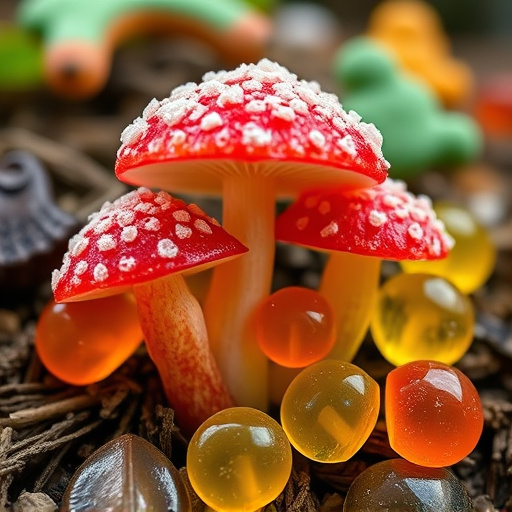
The allure and mystique surrounding magic mushrooms have given rise to a plethora of myths, especially when it comes to their use for anxiety relief. These fungi, scientifically known as psilocybin mushrooms, have been shrouded in mystery and superstition for centuries. Their unique psychoactive properties have sparked curiosity and fascination, leading to both scientific exploration and widespread speculation. Many ancient cultures incorporated these mushrooms into rituals and ceremonies, often attributing them with spiritual and healing powers. Over time, these beliefs evolved into various myths, some of which still persist today.
One prevalent myth is that magic mushrooms offer a quick fix for anxiety and depression. While there is emerging scientific evidence suggesting their therapeutic potential, it’s essential to differentiate fact from fiction. The effects of psilocybin are complex and highly individual; they can vary greatly from person to person and depend on various factors. Exploring the benefits of these natural remedies should be done with caution and a good understanding of the current research landscape. Myths about magic mushroom gummies abounding online, but it’s crucial to rely on credible sources and scientific studies to separate reality from the fantastical.
– Separating fact from fiction in popular beliefs
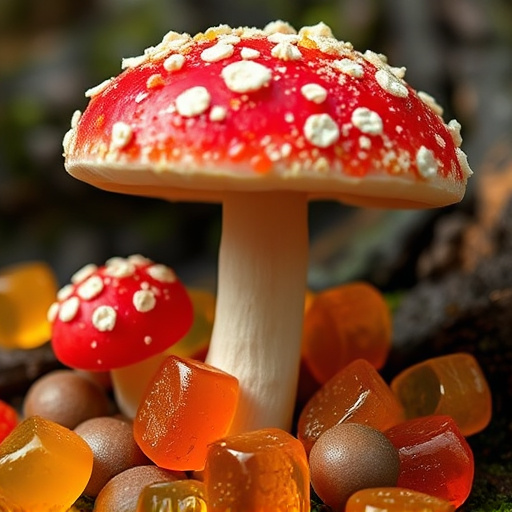
Many people have heard about the potential benefits of magic mushroom gummies for anxiety relief, but it’s essential to separate fact from fiction when exploring this topic. The idea that eating mushrooms can ease anxiety is rooted in both historical use and modern scientific research. However, myths and misconceptions often abound, clouding the true potential of these compounds. One common myth is that all magic mushroom gummies are equally potent or safe; in reality, the strength and effects vary widely depending on the specific strain and preparation methods. Another false belief is that they offer a quick fix for anxiety; while they may provide temporary relief, they are not a substitute for evidence-based treatments like therapy and medication.
Understanding the science behind these compounds is crucial to discerning fact from fiction. Research suggests that certain mushrooms contain psychedelics like psilocybin, which have shown promise in treating anxiety disorders, depression, and other mental health conditions. However, this research is still evolving, and more studies are needed to fully understand their long-term effects and optimal applications. It’s vital to approach magic mushroom gummies with a critical eye, relying on credible scientific sources rather than anecdotal evidence or unsubstantiated claims.
In debunking the myths about Magic Mushroom Gummies, it’s clear that while these substances have potential therapeutic benefits, particularly for anxiety relief, they should be approached with caution. Scientific research is still evolving, and responsible use requires understanding the unknowns. As we navigate this fascinating area, separating fact from fiction will help ensure that individuals make informed decisions regarding their mental health. Remember, exploring alternative treatments can be empowering, but always consult healthcare professionals for personalized guidance.
